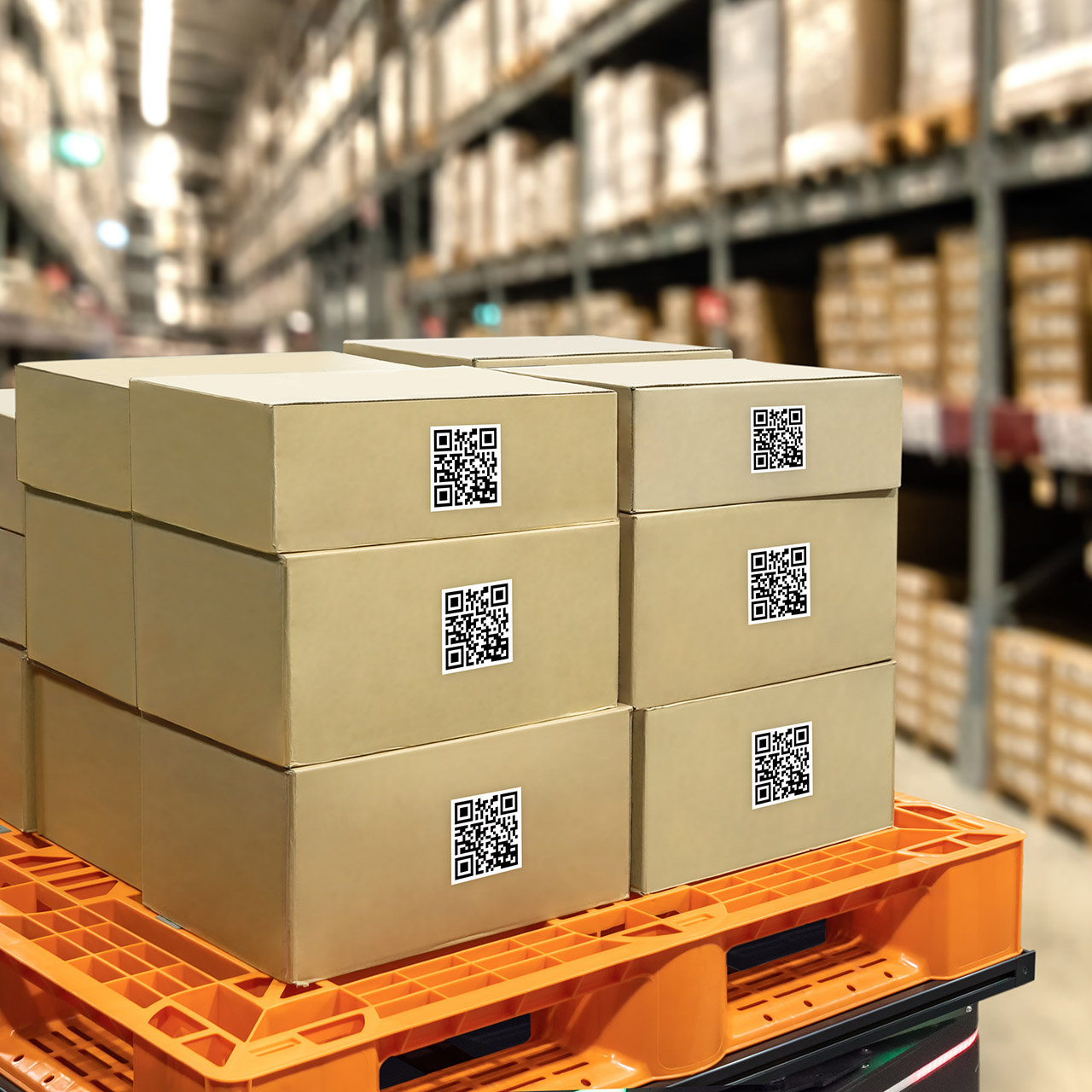This website uses cookies so that we can provide you with the best user experience possible. Cookie information is stored in your browser and performs functions such as recognising you when you return to our website and helping our team to understand which sections of the website you find most interesting and useful.
Supply Chain Resilience: Trends & Challenges

This blog’s content was sourced from a webinar recorded on September 23, 2020 at 2PM ET/ 11AM PT with Presenters Kristin Amenson, Debbie Altham and Jeremy Centner, in partnership with Sikich LLP and Microsoft.
It’s no secret that digitally transforming the supply chain can (and often does) revolutionize how manufacturing companies do business. One study by McKinsey estimates up to a 15% revenue increase and 20% reduction in cost by mastering digital.
However, the COVID-19 pandemic has brought along with it its own challenges. For instance, the global economy is expected to shrink by 3%. That is $4 trillion post-COVID versus 0.1% post-global financial crisis of 2009. Advanced economies will shrink the hardest by an overall 6% versus developing economies, which will show more resilience and only shrink by 1%.
We have entered an area where visibility, flexibility, and being able to intelligently make decisions based upon trusted data and real-time data are necessary. When you think about the global supply chain, you have physical goods being transported and, in parallel, you have data coming with the goods. Often there are disruptions, such as weather. There are workers trying to understand and get information to make decisions, which adds to the complexity of the supply chain. Manufacturing needs information to respond to these disruptions in real time. The challenge is that the flow of the physical goods in transit must be connected to the data associated with those goods.
Meeting supply chain challenges
Take this scenario, for example. The manufacturer is able to transform the supply chain into three specific areas digitally. Number one, they digitize their customer interactions. With real-time access to data, they’re able to monitor customer behavior, understand the products and services they need, and continuously evolve the products to better meet their needs in the future. Secondly, they digitize their assets with IoT connections, such as cranes, containers, and vessels. They can use the data to make decisions in real time to improve productivity, create greater efficiency, and increase utilization. Third, they digitize their documents.
By removing physical paper from points along the supply chain, they have the information to make real-time decisions and act faster to minimize disruptions. Microsoft’s client Intimidator is a great example of these capabilities. The company selected a full-line of business applications, including Dynamics 365 and Power BI to build an end-to-end cloud-based IT infrastructure in only six months. Intimidator is now able to streamline operations and scale to support exponential growth for years to come, from sales to finance to talent management. More customers need a deep understanding of their supply chain in order to succeed, not just in one area but across everything.
Digitally transform with Dynamics 365
With Dynamics 365, we have the unique ability to bring together data and virtually any source, whether it’s a Microsoft system or not, and bring it into the connected digital feedback loop built on a hyperscale cloud platform with Azure, with inherent intelligence at the app layer, allowing everyone to analyze, act, and automate.
Sikich has over a thousand clients in the manufacturing space, delivering successful solutions for discrete, make-to-order, and lean manufacturing operations for more than 30 years. We offer HeadSTART for discrete manufacturers, which bundles best in class industry applications, assets, and tools combined with an agile delivery method to help reduce project duration and project costs by nearly 30%.
Sikich specializes in discrete manufacturing ERP solutions to help companies run productive, fast-moving operations. Our next entry in this series will cover improving forecasting through better visibility and collaboration.
If you’d like to get the conversation started on how digital transforming your supply chain can revolutionize your manufacturing business, please contact us at any time.
We invite you to view a recording of our co-presentation with Microsoft where we present this and much more content on building a resilient supply chain supported by Microsoft technology.
This publication contains general information only and Sikich is not, by means of this publication, rendering accounting, business, financial, investment, legal, tax, or any other professional advice or services. This publication is not a substitute for such professional advice or services, nor should you use it as a basis for any decision, action or omission that may affect you or your business. Before making any decision, taking any action or omitting an action that may affect you or your business, you should consult a qualified professional advisor. In addition, this publication may contain certain content generated by an artificial intelligence (AI) language model. You acknowledge that Sikich shall not be responsible for any loss sustained by you or any person who relies on this publication.




